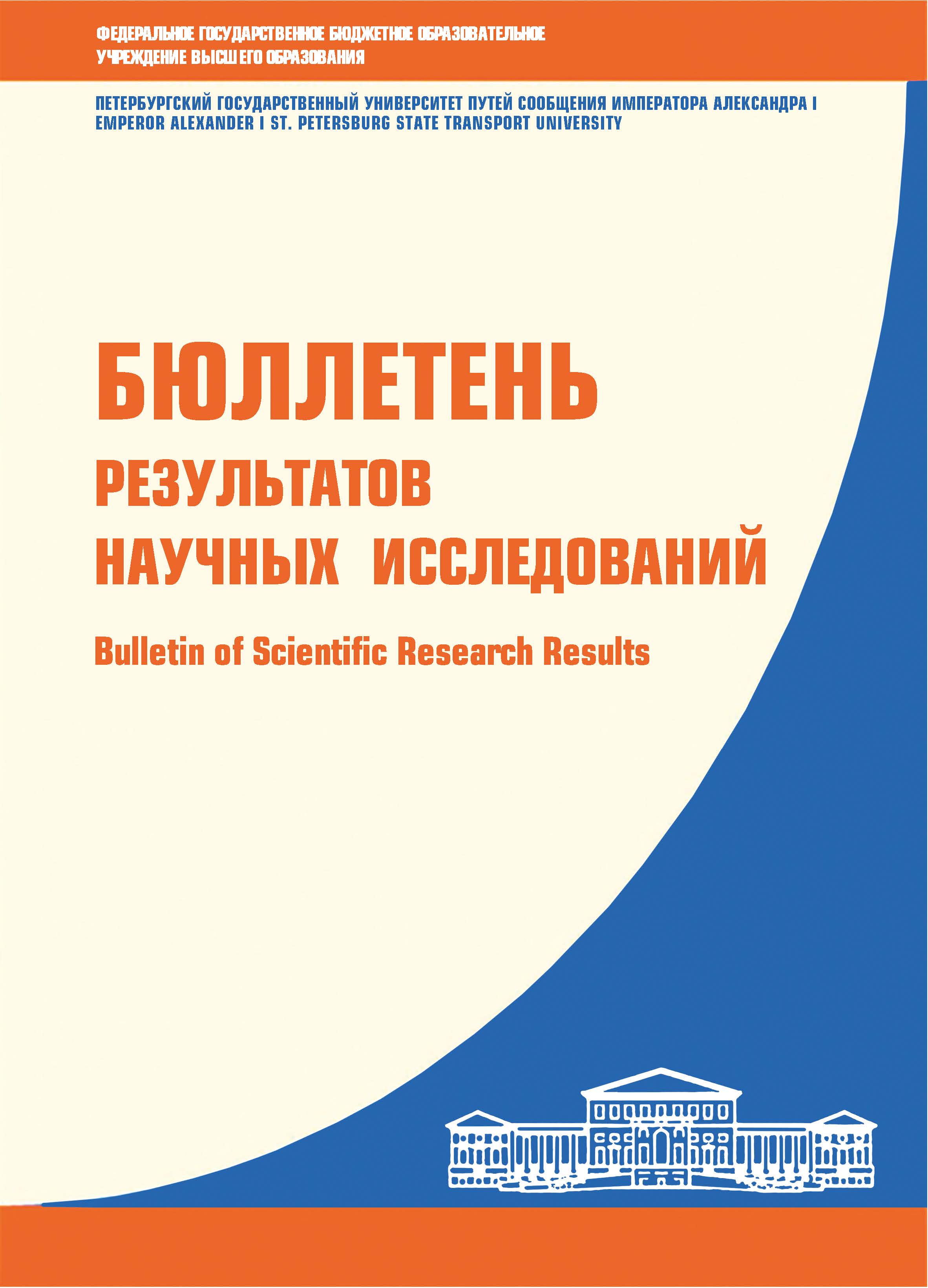Russian Federation
Russian Federation
UDC 001.2
Purpose: The effective use of locomotives at a railway junction to minimize costs and downtime and maximize the locomotive fleet productivity and efficiency. This paper describes a mathematical model for optimizing locomotive turnover, which will allow finding a balance between revenues and costs of operating and servicing locomotives. Methods: Optimization of locomotive fleet operation is considered with the methods for linear programming and locomotive scheduling theory. Results: Minimizing the downtime of locomotives and their maximum loading will require accurate planning of shunting work and timely movement of locomotives to the desired sections. To ensure a balance between shunting work and train operation, it is mportant to allocate locomotives appropriately. Timely delivery of locomotives to trains for dispatch requires dispatchers’ coordinated actions. This will lead to minimizing the locomotive downtime and maximizing the time in operation. Practical significance: The results of the work are important for the effective management of locomotive operation in railway transportation, which makes it more attractive for both shippers and passengers.
Locomotives, distribution, junctions, planning, logistics, efficiency, forecasting, rolling stock, management, infrastructure
1. Sattorov S. B. Issledovanie sposoba razmescheniya tehnicheskih stanciy / S. B. Sattorov // Nauchno-tehnicheskiy vestnik Bryanskogo gosudarstvennogo universiteta. — 2017. — № 4. — S. 463–468.
2. Sattorov S. B. Obosnovanie razmescheniya tehnicheskih stanciy v zavisimosti ot chisla polureysov / S. B. Sattorov // Nauchno-tehnicheskiy vestnik Bryanskogo gosudarstvennogo universiteta. — 2018. — № 2. — S. 239–246.
3. Sattorov S. B. Voprosy razvitiya zheleznodorozhnoy linii Ahangaran-TukimachiSyrdar'inskaya / S. B. Sattorov, A. G. Kotenko, V. L. Belozerov // Izvestiya Peterburgskogo universiteta putey soobscheniya. — 2019. — T. 16. — № 3. — S. 439–448.
4. Erofeev A. A. Intellektual'naya sistema avtomaticheskogo upravleniya tehnicheskoy stanciey / A. A. Erofeev // Transport Rossii: problemy i perspektivy — 2020: materialy Yubileynoy Mezhdunar. nauch.-prakt. konf. — SPb., 2020. — S. 92–96.
5. Erofeev A. A. Principy formirovaniya upravlyayuschih resheniy v intellektual'noy sisteme upravleniya perevozochnym processom / A. A. Erofeev, A. F. Borodin // Problemy bezopasnosti na transporte: materialy XI Mezhdunar. nauch.-prakt. konf.: v 2 ch. Ch. 1 / M-vo transp. i kommunikaciy Resp. Belarus', Bel. zh. d., Belorus. gos. un-t transp. / Pod obsch. red. Yu. I. Kulazhenko. — Gomel': BelGUT, 2021. — S. 11–14.
6. Miheeva T. I. Modeli transportnyh potokov v intellektual'nyh transportnyh sistemah / T. I. Miheeva, S. V. Miheev, I. G. Bogdanova // Sovremennye problemy nauki i obrazovaniya. — 2013. — № 6. — S. 216.
7. Zhankaziev S. V. Intellektual'nye transportnye sistemy: ucheb. posobie / S.V. Zhankaziev. — M.: MADI, 2016. — 120 s.









